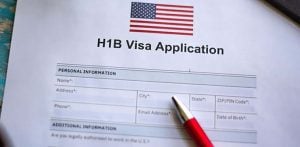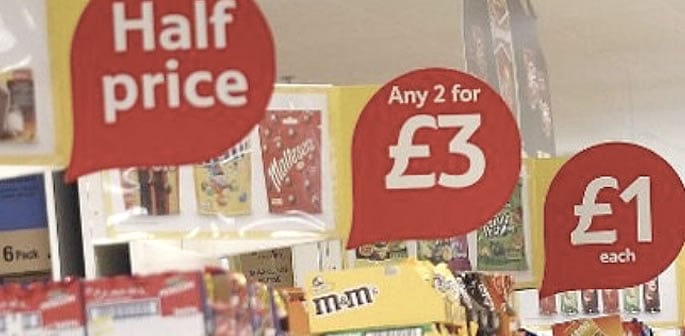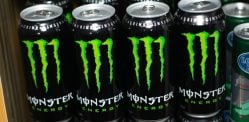"These are a long-overdue first step"
Price and multibuy promotions on unhealthy food and drink, such as “buy one, get one free” deals, will be banned in England from October 1, 2025.
The new restrictions will cover supermarkets, larger high street stores and online retailers. They also extend to restaurants and cafes, banning free refill promotions of sugary drinks.
The measure has been considered for years but repeatedly delayed because of the cost-of-living crisis. Ministers insist it is an essential step to tackle obesity, particularly among children.
According to the government, this is part of a wider programme to restrict advertising of unhealthy food and drink.
From January 2026, there will be a complete ban on online promotions and a ban on television advertising before 9 pm.
A Department of Health and Social Care spokesman said the restrictions were a “crucial step” in giving children a healthy, happy start in life:
“Obesity robs children of the best possible start in life, sets them up for a lifetime of health problems and costs the NHS billions.”
The government has defined unhealthy products through a classification system based on their influence on childhood obesity. It includes fizzy drinks containing sugar, such as cola and lemonade, as well as crisps, sweets, chocolates, ice creams, pastries, cakes, fishfingers and some pizzas.
Obesity rates have surged in recent decades. Today, more than a quarter of adults are obese, along with a fifth of children at the end of primary school.
Greg Fell, president of the Association of Public Health Directors, said the move was long overdue. He argued the restrictions should not have been delayed from 2022.
“Multi-buy promotions do not save people money – in fact, they encourage them to spend more.
“They are designed to encourage impulsive purchases and to normalise buying more and more frequently.”
He added that he hoped retailers would promote healthier products, making better choices more accessible to consumers.
Obesity, he said, had become a “key driver” of health inequalities, with people in deprived areas nearly twice as likely to be obese:
“These are a long-overdue first step, but the government is far away from meeting its manifesto commitment to end junk food advertising to kids.”
Fell said wider action was needed, including restrictions on junk food sponsorship of sporting events, investment in active travel, and improved school meals.
Evidence suggests these restrictions can reduce unhealthy purchases. A University of Leeds study looked at the impact of one measure introduced in 2022, which banned unhealthy items at checkouts, aisle ends and store entrances.
Before the ban, 20 out of every 100 products bought were unhealthy. That fell to 19 afterwards, equating to two million fewer items sold per day.
However, researchers noted sales were already declining before the legislation and inflation may also have influenced consumer behaviour.
Over the years, parts of the food industry have lobbied against the new rules. Yet some supermarkets, including Tesco and Sainsbury’s, had already imposed restrictions voluntarily.
Andrea Martinez-Inchausti, from the British Retail Consortium, said most members were already compliant:
“There will not be a big change for them.”
“Food retailers are supporting their customers to make healthier choices through better calorie labelling, reformulation of products, and portion control.”
Wales is set to bring in similar measures next year, while Scotland has pledged to follow.
In 2021, then-Prime Minister Boris Johnson announced a UK-wide ban on television adverts for food high in salt, fat and sugar. The policy was delayed until 2025, with ministers citing the cost-of-living crisis as a reason to give industry more time to adjust.






























































